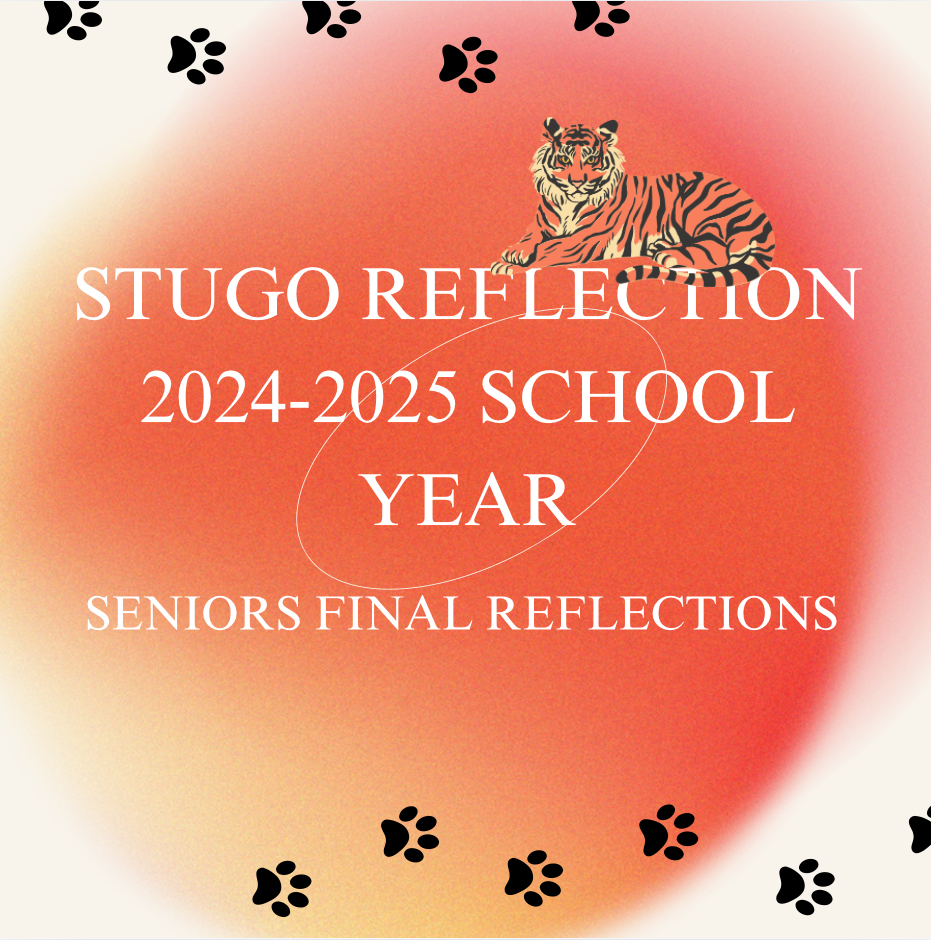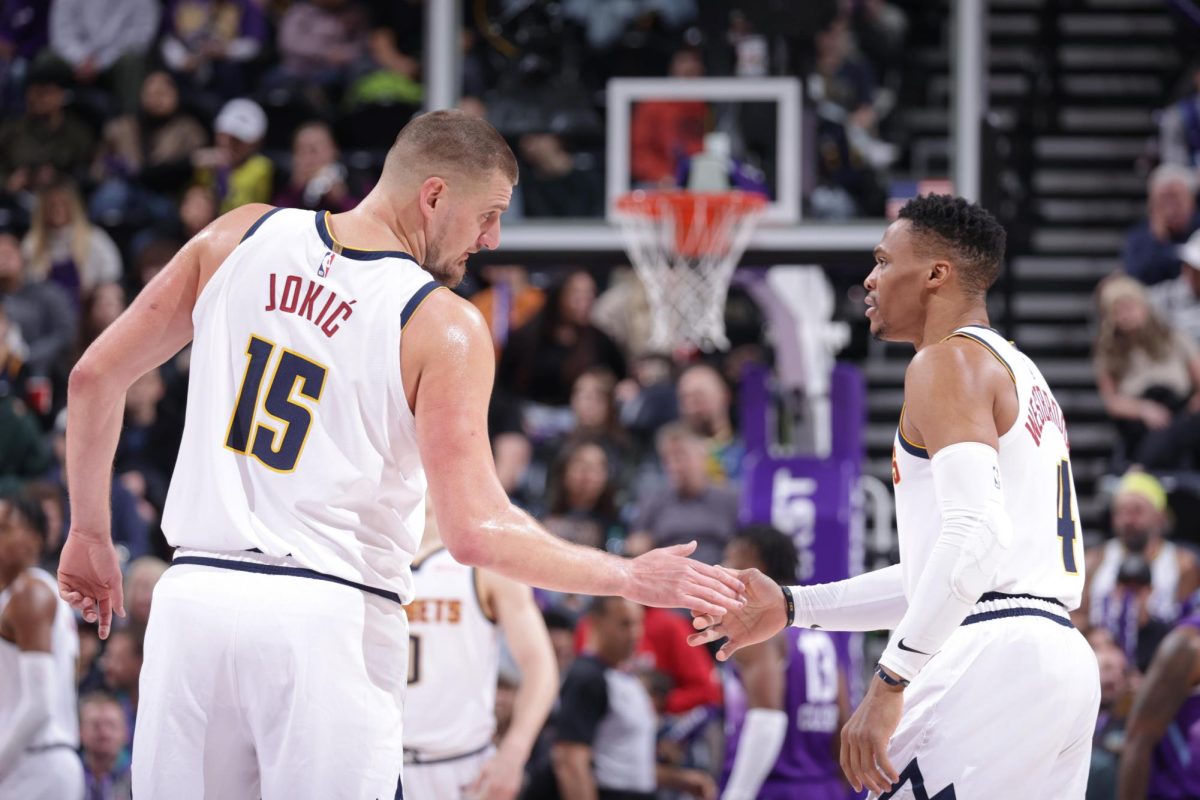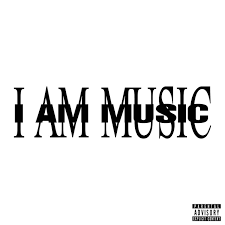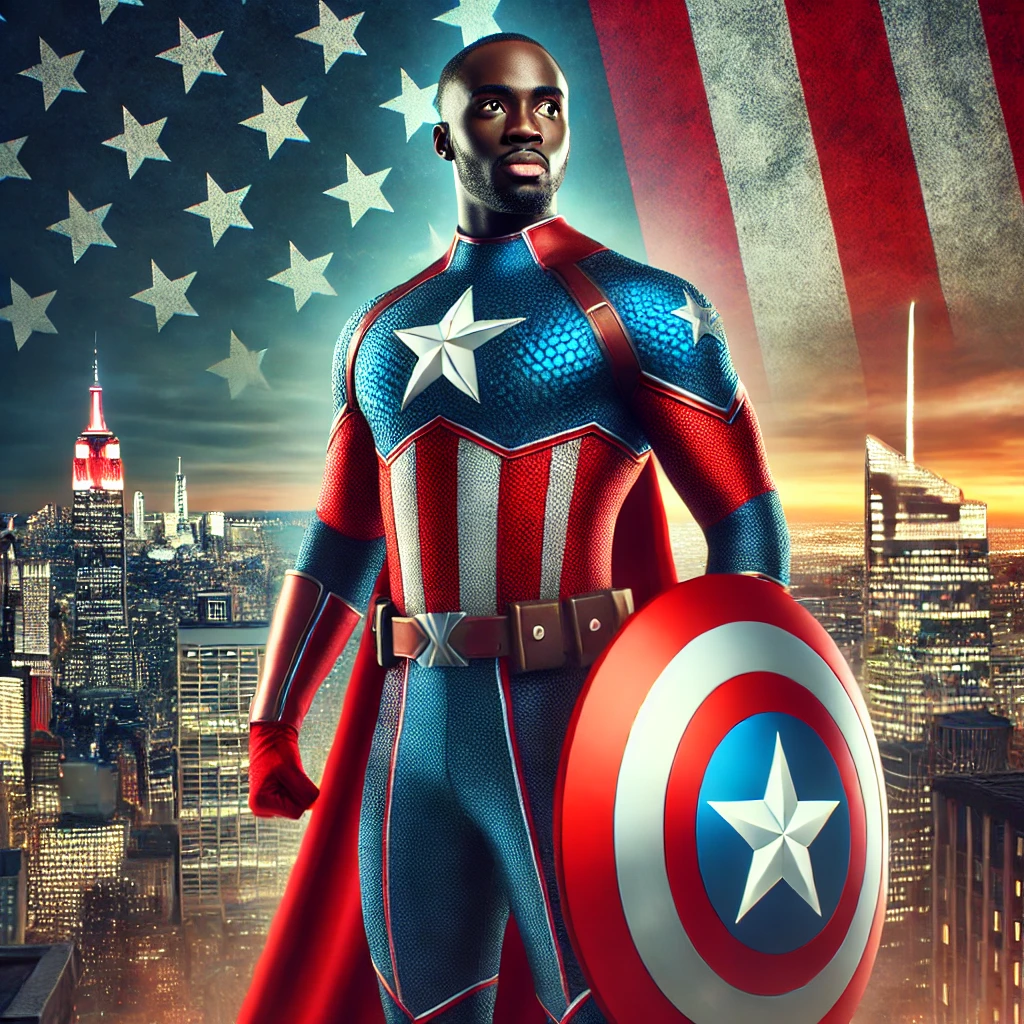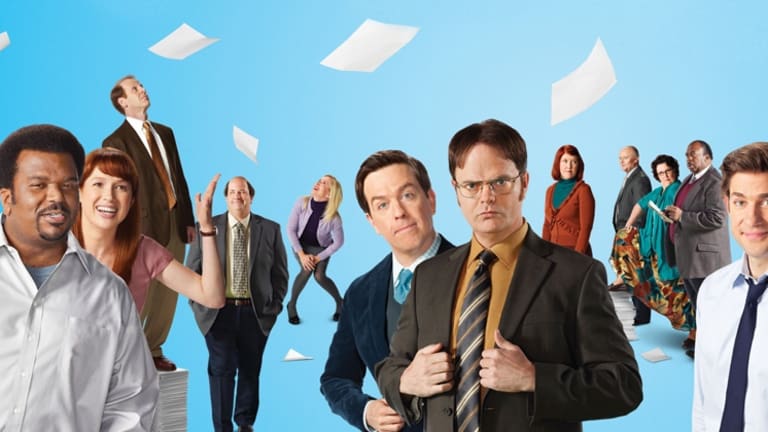On The Office’s Ability to Remain Comedically Relevant
January 19, 2019
As cultural ideals and trends quickly shift on a year to year, month to month, or even day to day basis, creators and their ideas often struggle to evolve alongside these changes as they rush to the drawing board to hurriedly stir up new, innovative ideas. Perhaps this conflict is ultimately necessary, though, as when a creator does step outside the box with grace and originality, they leave an everlasting influence on the society that surrounds them.
The Office was originally a British mockumentary sitcom on BBC, created by Ricky Gervais and Stephen Merchant. It was first broadcasted on July 9, 2001. The television series–described by Wikipedia to be under the genre of “cringe comedy”–was adapted by Greg Daniels into a 9-season American series, which was first broadcasted on March 24, 2005 on NBC. Does any of this sound familiar yet?
Despite the U.K. version having arrived first, the U.S. adaptation of The Office received an astonishingly greater amount of traction than its precedent. Acclaimed actor Steve Carell starred as Michael Scott, a character amongst what was soon to be known as one of the most beloved formation of characters in television history. The largely improvisational ensemble cast effortlessly created an environment of impeccable chemistry and seamlessly natural onscreen interaction, brightening even the painful monotony of their office jobs. Even without the regular laugh tracks and bold punchlines of traditional American sitcoms, the cast of The Office was able to create unforgettable moments one after another.
All good things come to an end though, as the series finale aired on May 16, 2013 with a viewer count of 5.7 million viewers. However, not only has the presence of the sitcom continued to live on past its final episode, it has yet to feel outdated to its viewers with its easily referenceable lines and memorable characters.
Now, what is it that makes The Office so remarkably significant compared to most successful sitcoms?
The lengthy series, consisting of 201 episodes, never seemed to miss a beat with its awkwardly sarcastic humor. It has been that same style of comedy that has carried the show’s relevance from its first broadcast up in 2005 up until this very day in 2019, about six years past the series’ end. The Office has worked and lived alongside every cultural change since its premiere, while many other shows perished in their failure to remain original and enticing.
Most fans of the U.S. version of The Office would agree that the first season, though still memorable, is the most mundane if you are a first-time or relatively new viewer. It isn’t until you indulge and develop a connection with the characters when you truly begin to enjoy the series and appreciate the diverse group of personalities and humor. This type of relationship with the characters of a series is incredibly unique and allows for more references to the show to be made in any fan’s daily life. The show is so universal that it isn’t unlikely that if you reference any iconic line in any public setting, somebody in the room will recognize just what you meant.
It’s no secret that The Office will remain relevant for years and years to come (not that anyone wants it to go, anyway). Characters and quotes from the sitcom continue to appear in content by modern-day creators (i.e. Youtubers) and in memes across all platforms of social media. This all suggests that maybe this show was way more ahead of its time than anyone was ever aware of.




